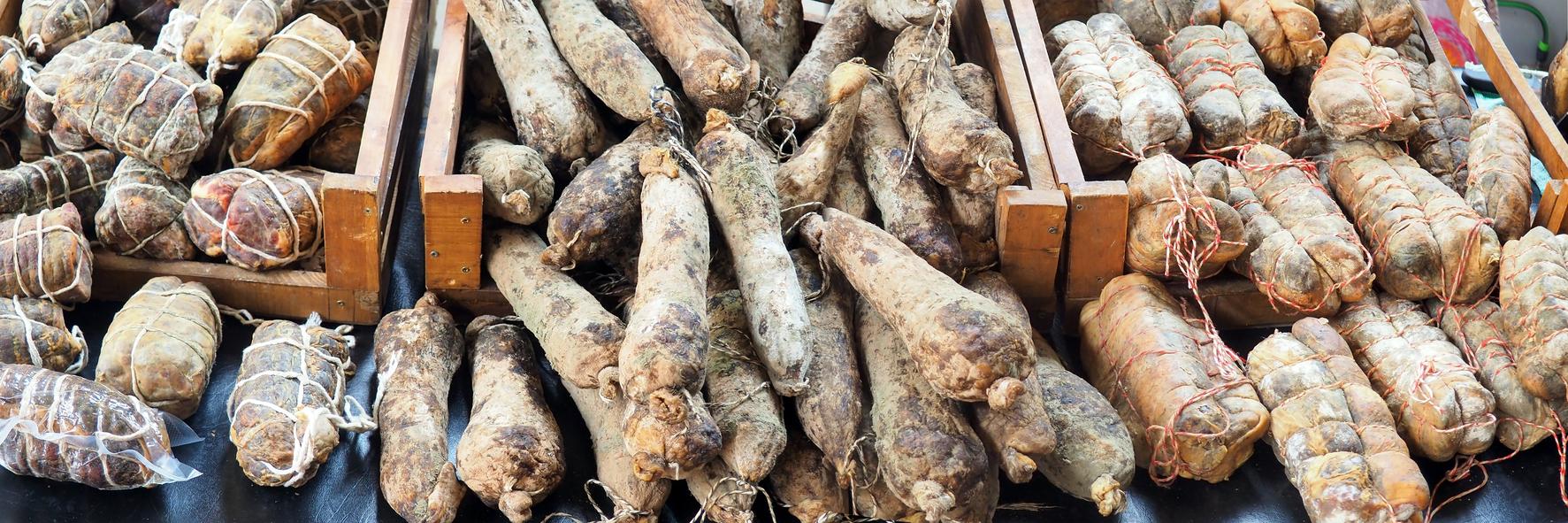After dengue fever and chikungunya, the Zika virus is the new virus to be feared, according to the Haut Conseil de la Santé Publique. Like dengue fever and chikungunya, this arbovirus (virus whose vectors are insects) is mainly transmitted by the tiger mosquito, of the genus Aedes.
In its latest report published in early August, the High Council for Public Health (HCSP) warns against the Zika virus. Inducing various symptoms (fever, joint pain, headaches, skin problems), this virus could well and truly spread in France, particularly in the French departments of America (DFA: Guadeloupe, Martinique, Guyana) but also in France.
The HCSP indicates that “given the presence of vectors and the flow of travellers, the risk of transmission of the Zika virus is ‘high’ in the DFAs where the vector Aedes aegypti is present. It concerns the entire population residing or staying there. Other islands such as Reunion and Mayotte carry a “real” risk of transmission, as they have at least one species of mosquitoes of the genus Aedes likely to carry the Zika virus.
But for all that, the metropolis is not spared, since the tiger mosquito Aedes albopictus is established there from May to November. Here again, the risk of transmission of the virus is described as “real” by the HSCP, especially in the south of France.
To avoid this risk and in the absence of a vaccine, the HSCP details a three-point control strategy in its report. It suggests setting up epidemiological monitoring of the Zika disease, a diagnostic strategy as well as an appropriate management strategy for affected patients.
Originally from Africa, the Zika virus has already caused epidemics in Micronesia (5,000 cases in 2007), French Polynesia (55,000 cases at the end of 2013) and New Caledonia (1,400 cases in 2014 and 111 cases since January 2015 ). Currently and since May 2015, a Zika epidemic is raging in Brazil (6,807 suspected cases declared).
Read also :
Tiger mosquitoes: the fear of a health risk
Chikungunya: a real risk in France
A dengue vaccine will be available in 2015

















